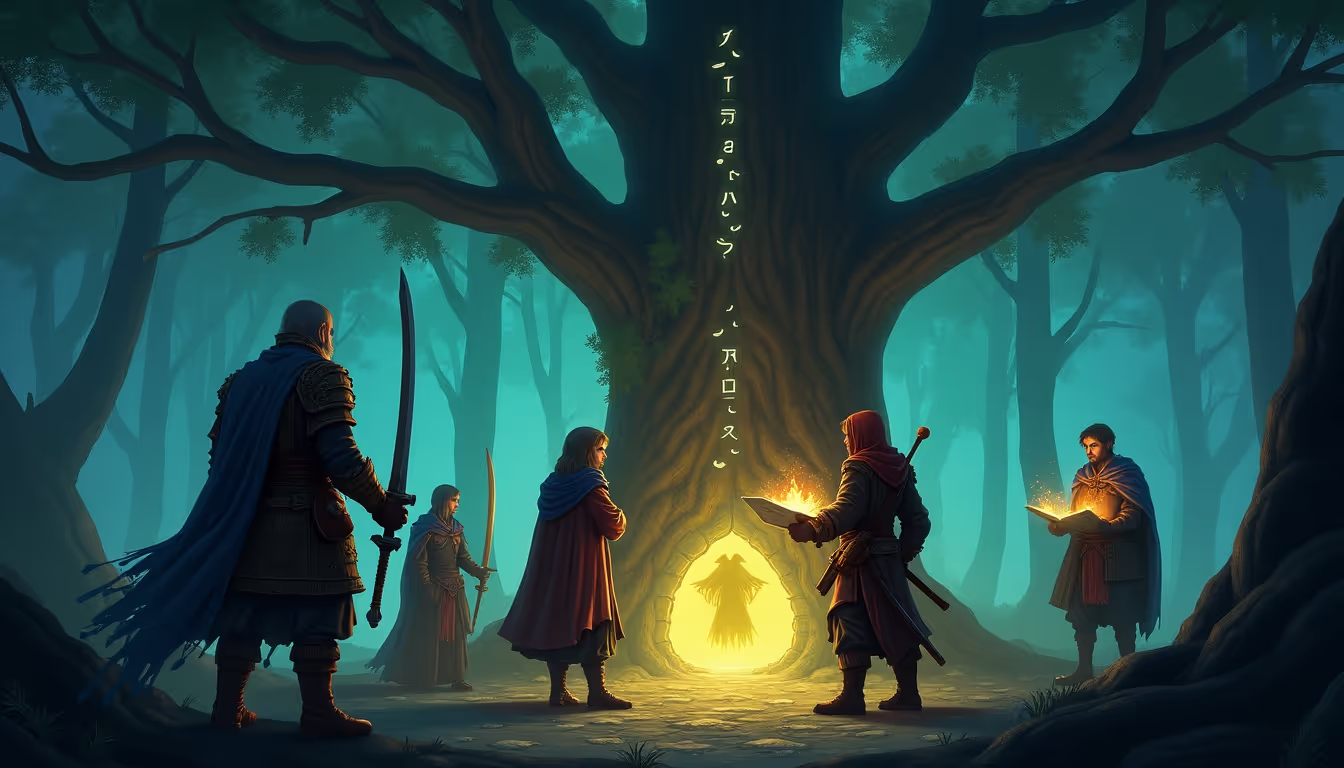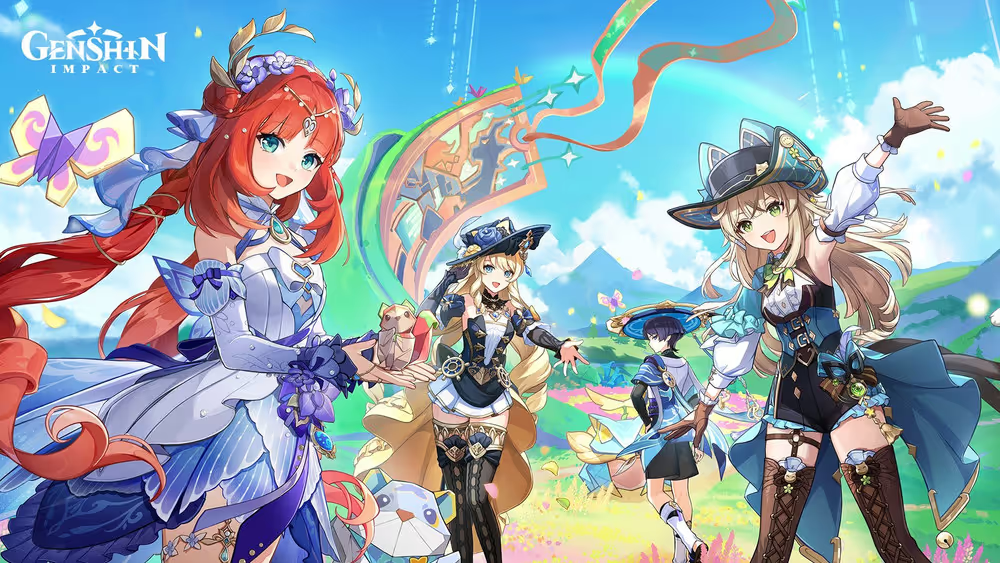The Role-Playing Quest Genre: Immersive Adventures in Gaming
Role-playing quest games (RPGs) stand as one of the most beloved and enduring genres in gaming. These games transport players into rich, immersive worlds where they assume the role of a character, embark on epic quests, and make impactful choices that shape their journey. Whether through turn-based combat, open-world exploration, or deep storytelling, RPGs offer unparalleled depth and player agency. Let’s dive into what defines role-playing quest games, their history, and their impact on gaming culture.
What Defines a Role-Playing Quest Game?
At their core, RPGs revolve around character development, quest-based progression, and player-driven choices. These games typically feature detailed worlds, compelling narratives, and a combination of exploration, combat, and strategy.
Core Features of Role-Playing Quest Games:
- Character Progression – Leveling up, skill trees, and customizable abilities.
- Expansive Quests – A mix of main story missions and optional side quests.
- Exploration – Open-world or semi-open environments filled with secrets.
- Choice-Based Narratives – Decisions influence story outcomes and world reactions.
- Combat Mechanics – Turn-based, real-time action, or tactical combat systems.
- Inventory & Loot Systems – Collecting weapons, armor, potions, and magical artifacts.
A Brief History of Role-Playing Quest Games
The RPG genre has evolved significantly over the years, drawing inspiration from tabletop RPGs like Dungeons & Dragons while adapting to technological advancements in gaming.
Early Days (1980s–1990s)
- Ultima (1981) and Wizardry (1981) set the foundation for computer RPGs.
- Final Fantasy (1987) and Dragon Quest (1986) popularized Japanese RPGs (JRPGs).
- The Legend of Zelda (1986) introduced action-adventure RPG elements.
Golden Age (2000s–2010s)
- The Elder Scrolls III: Morrowind (2002) expanded open-world RPGs.
- World of Warcraft (2004) revolutionized online role-playing with MMORPGs.
- The Witcher (2007) and Mass Effect (2007) introduced choice-driven narratives.
- Dark Souls (2011) emphasized challenging, methodical gameplay and deep lore.
Modern Era (2020s–Present)
- The Legend of Zelda: Breath of the Wild (2017) redefined open-world freedom.
- Cyberpunk 2077 (2020) brought futuristic RPG storytelling to a vast city.
- Elden Ring (2022) merged open-world exploration with Soulslike difficulty.
Subgenres and Variations
RPGs are incredibly diverse, with several subgenres catering to different gameplay styles:
- Traditional JRPGs – Final Fantasy, Persona, and Dragon Quest emphasize turn-based combat and storytelling.
- Action RPGs – The Witcher, Dark Souls, and Horizon Zero Dawn blend real-time combat with RPG elements.
- Open-World RPGs – The Elder Scrolls, Zelda, and Red Dead Redemption 2 focus on free exploration.
- Tactical RPGs – Fire Emblem, XCOM, and Divinity: Original Sin feature grid-based, strategic combat.
- MMORPGs (Massively Multiplayer Online RPGs) – World of Warcraft, Final Fantasy XIV, and Guild Wars 2 enable multiplayer-driven quests.
- Western RPGs (WRPGs) vs. JRPGs – WRPGs (e.g., Fallout, Baldur’s Gate) prioritize player freedom, while JRPGs emphasize structured narratives and character-driven progression.
The Impact of RPGs on Gaming
RPGs have influenced nearly every corner of the gaming industry, bringing innovations that have shaped modern game design:
- Player Agency – Choice-driven storytelling and branching narratives create highly personalized experiences.
- Expansive Worldbuilding – Deep lore, history, and cultures immerse players in living worlds.
- Crossover Influence – Many genres (FPS, strategy, action) now integrate RPG elements, such as skill trees and quest progression.
- Cultural and Artistic Significance – Iconic RPG franchises have shaped pop culture and storytelling in gaming.
Why Players Love Role-Playing Quest Games
- Deep and Engaging Stories – RPGs offer rich narratives with emotional depth.
- Immersive Worlds – Vast landscapes filled with lore, secrets, and characters to interact with.
- Customization and Freedom – Players create unique characters and choose how to approach challenges.
- Endless Replayability – Side quests, multiple endings, and character builds encourage multiple playthroughs.
The Future of Role-Playing Quest Games
The RPG genre continues to innovate with new technology and storytelling methods:
- AI-Driven NPCs – More dynamic interactions and adaptive narratives.
- Procedural World Generation – Infinite quests and environments.
- VR and AR RPGs – Enhanced immersion through virtual role-playing experiences.
- More Player Choice – Deeper branching narratives with impactful decisions.
Final Thoughts
Role-playing quest games remain a cornerstone of gaming, offering players immersive storytelling, rich character development, and boundless exploration. Whether delving into ancient dungeons, engaging in epic battles, or forging your own path in a sprawling open world, RPGs continue to push the boundaries of interactive storytelling and player agency. With advancements in technology, the genre’s future promises even more captivating adventures.
.svg)














